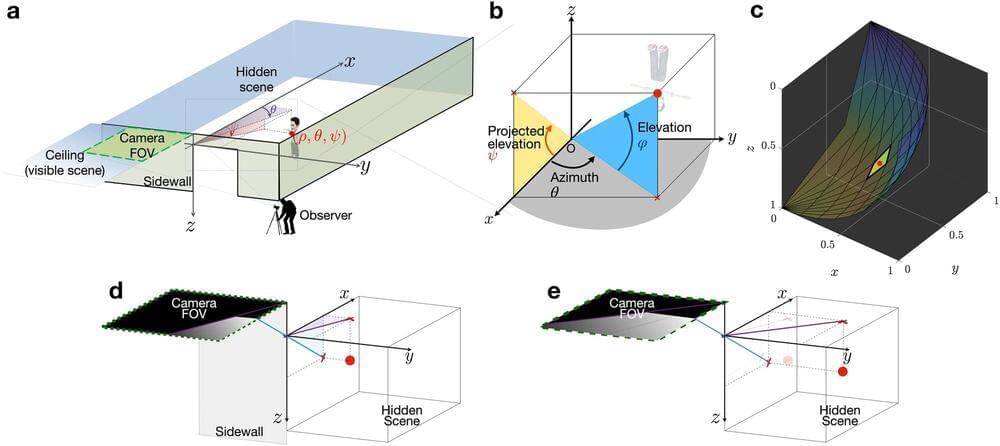The TY-3R Air-Water Rescue Drone system was designed with maintainability in mind. Four hatches on the drone provide access for maintenance or replace batteries.
Didiok Makings envisions the TY-3R to become an integral tool for emergency responders, law enforcement agencies, and maritime organizations dedicated to safeguarding lives on water. The company has set up an after-sales department and flight test base to provide customers and operators with optimal service and training.







